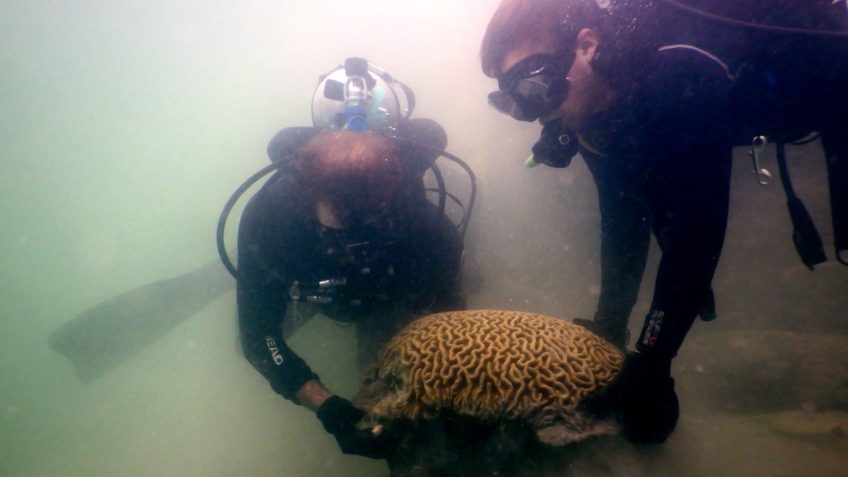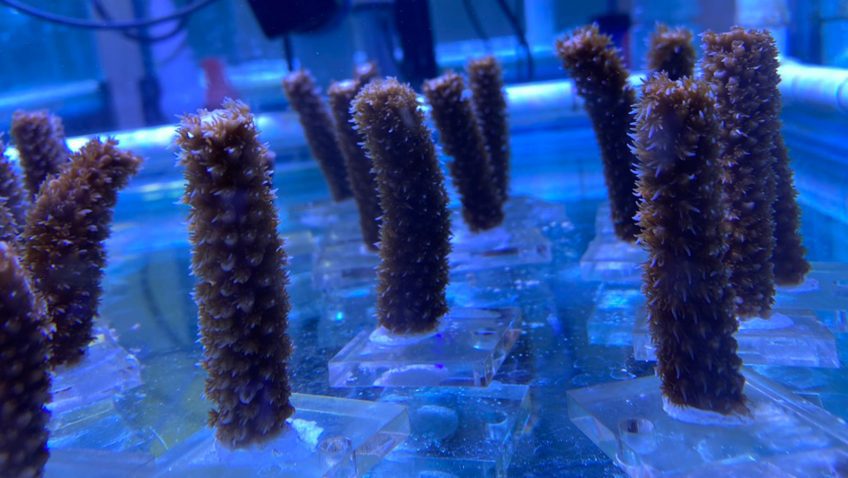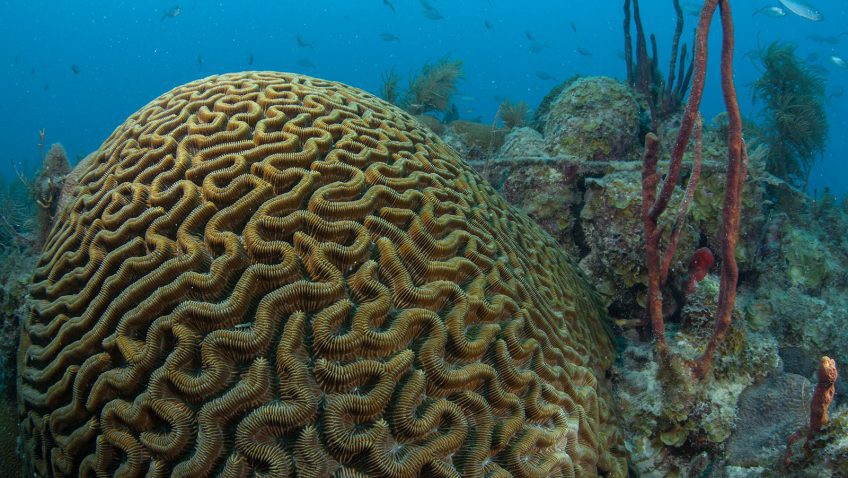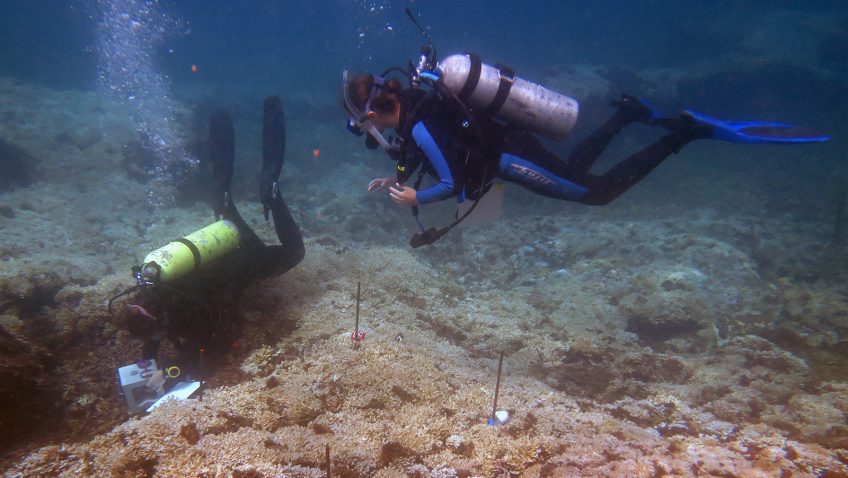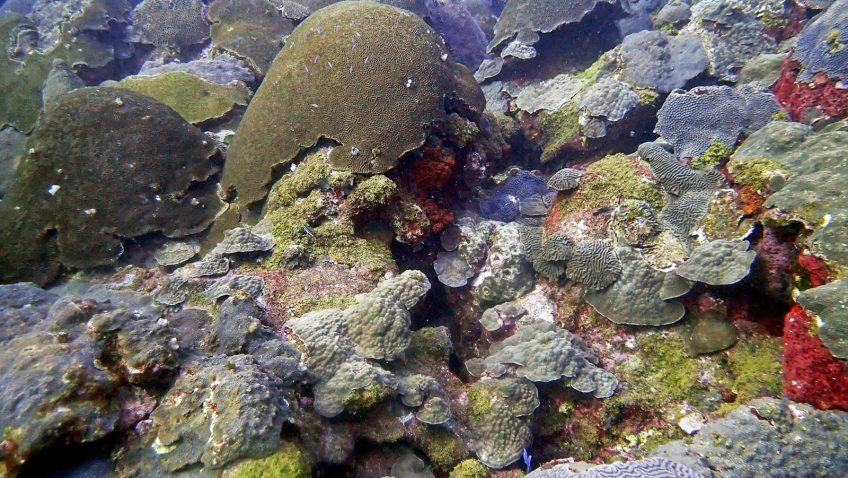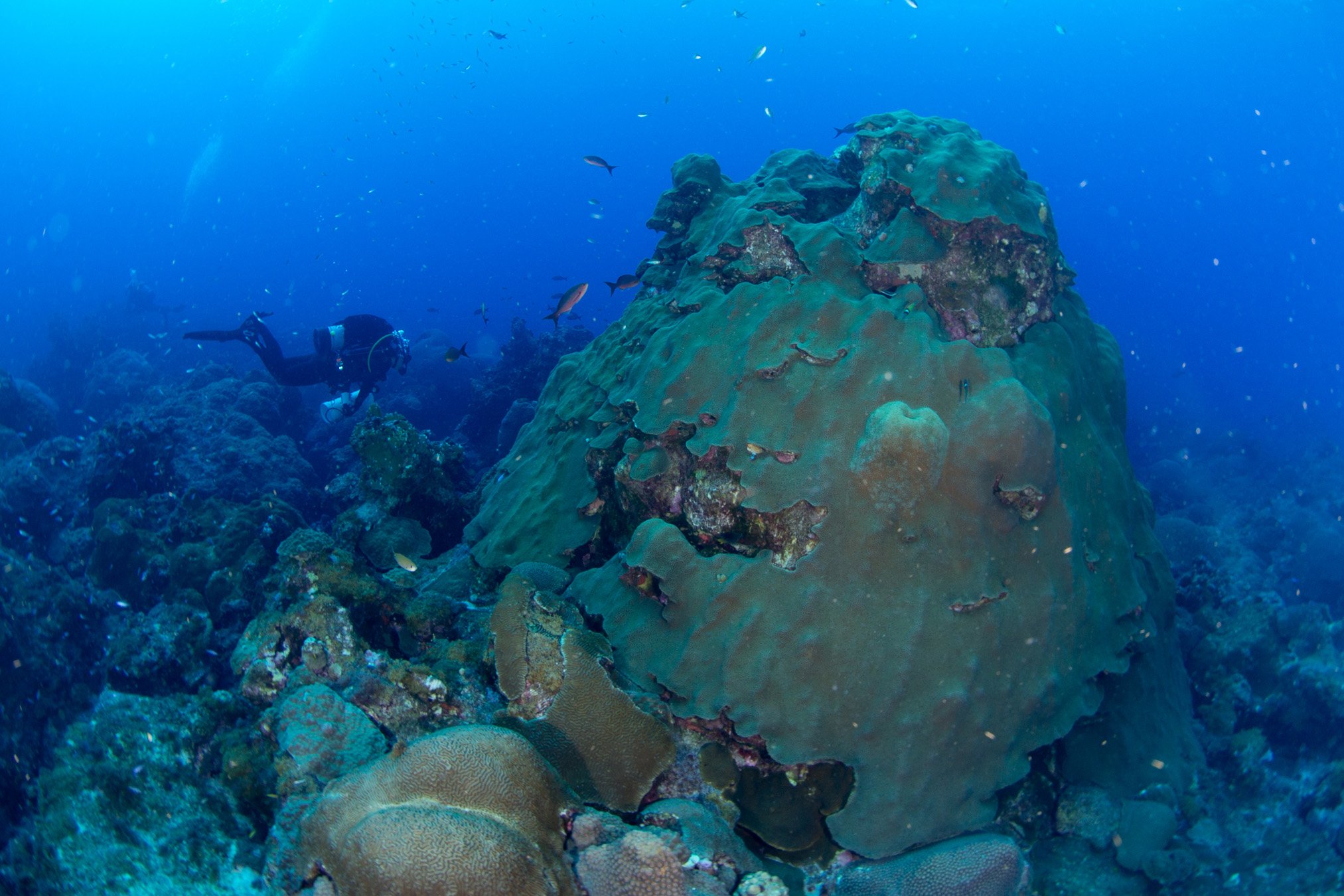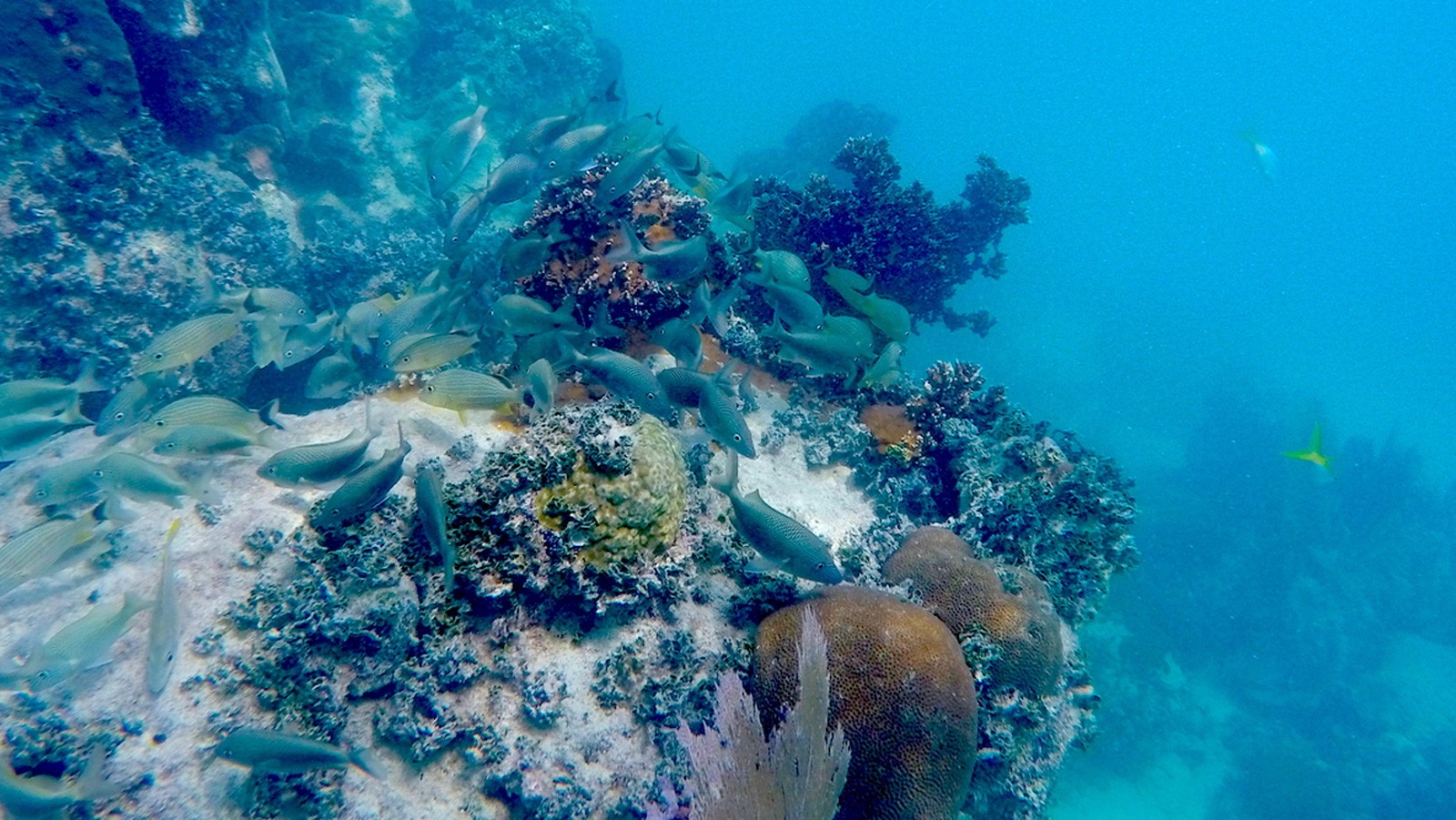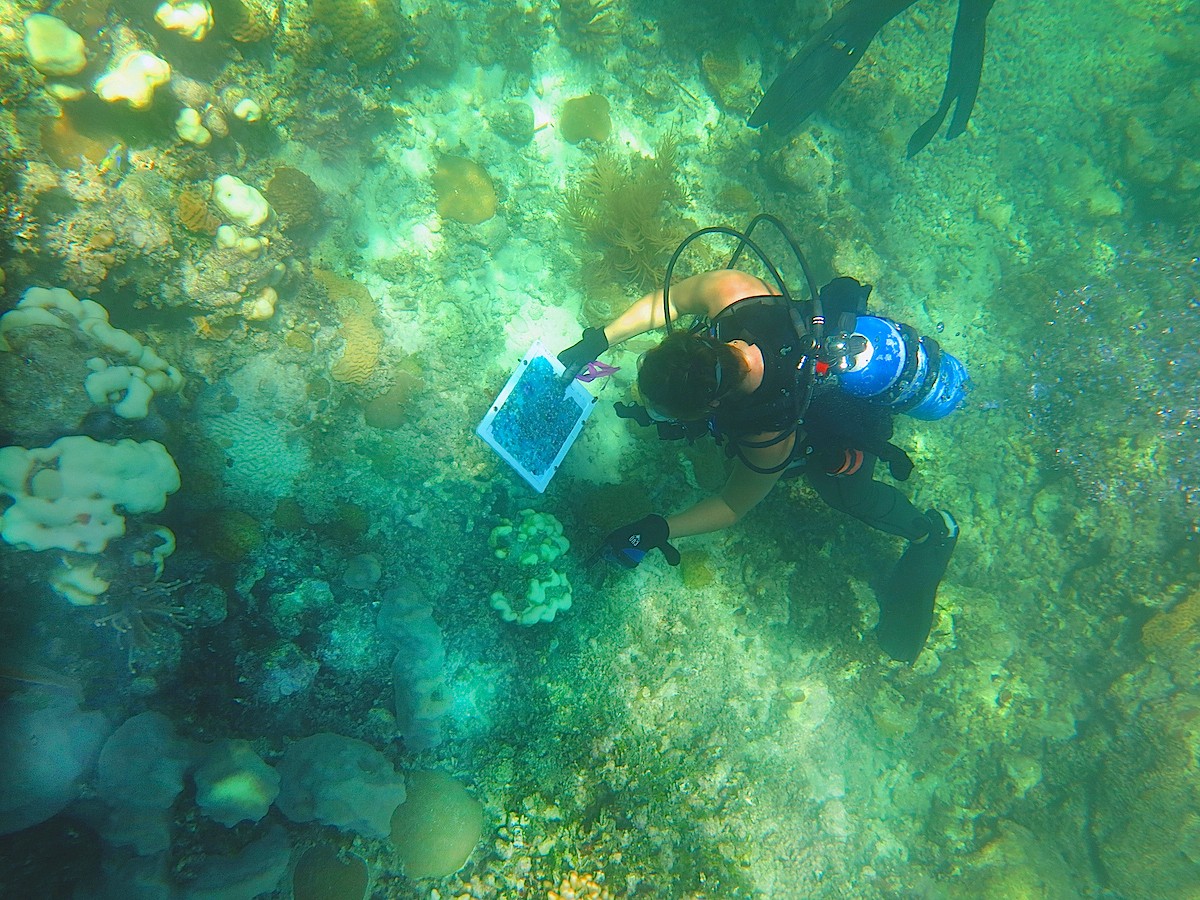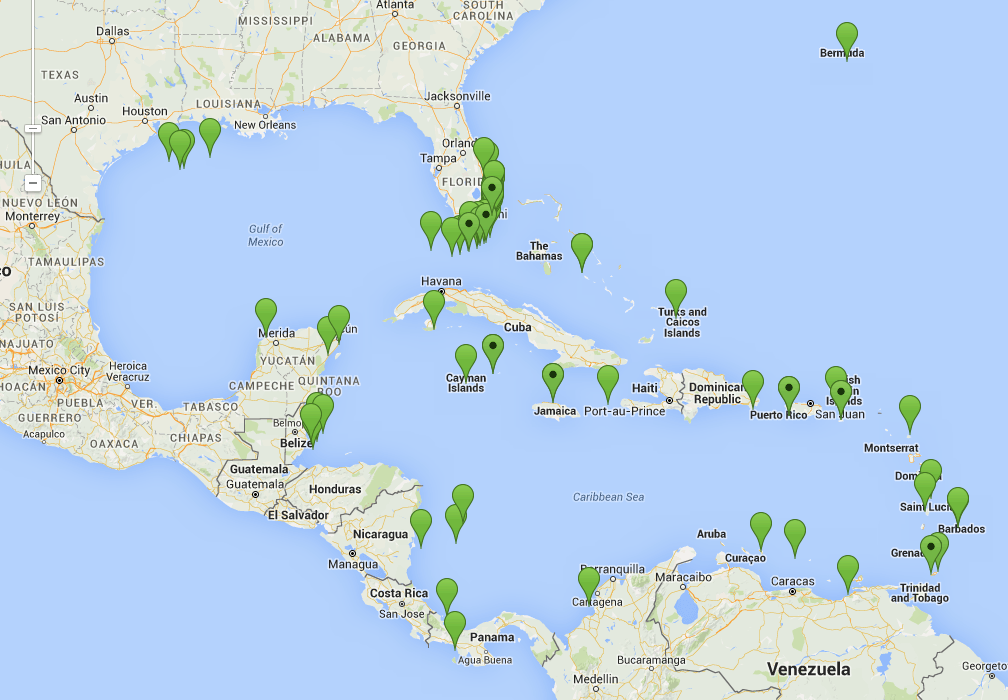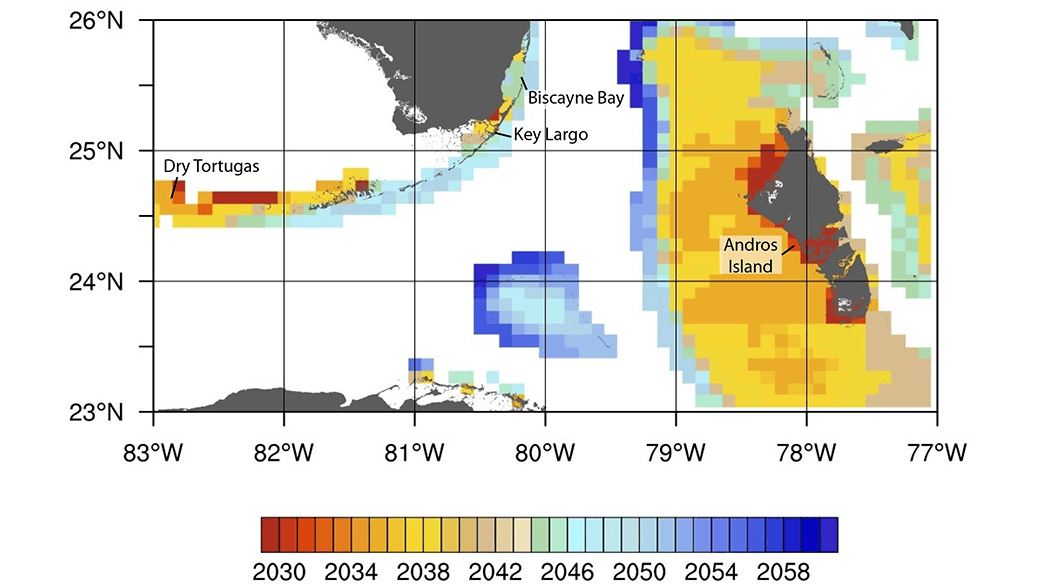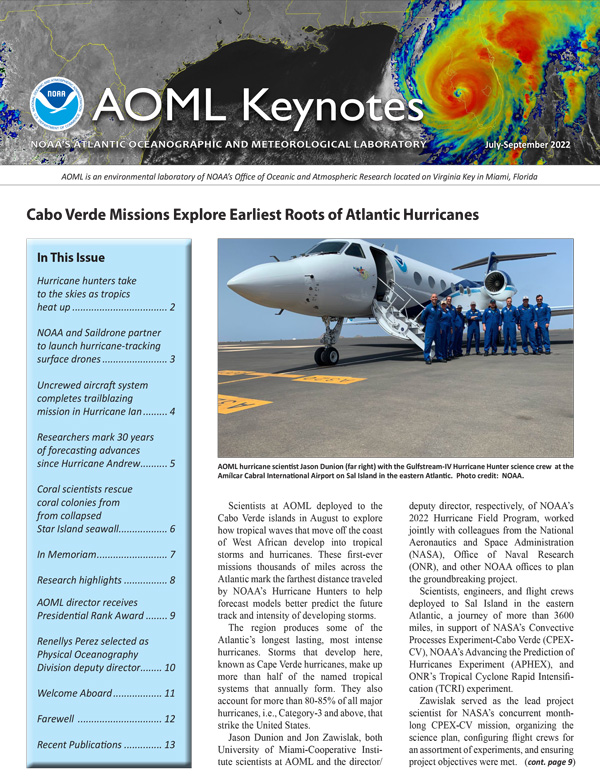Coral Rescue in Miami Beach
A team of coral researchers from the National Oceanic & Atmospheric Administration (NOAA) and the University of Miami (UM) rescued 43 coral colonies after a sea wall collapsed at Star Island, near Miami Beach. The rapid coral rescue effort occurred at one of NOAA’s regularly monitored research sites. While conducting a routine survey, scientists from […]
